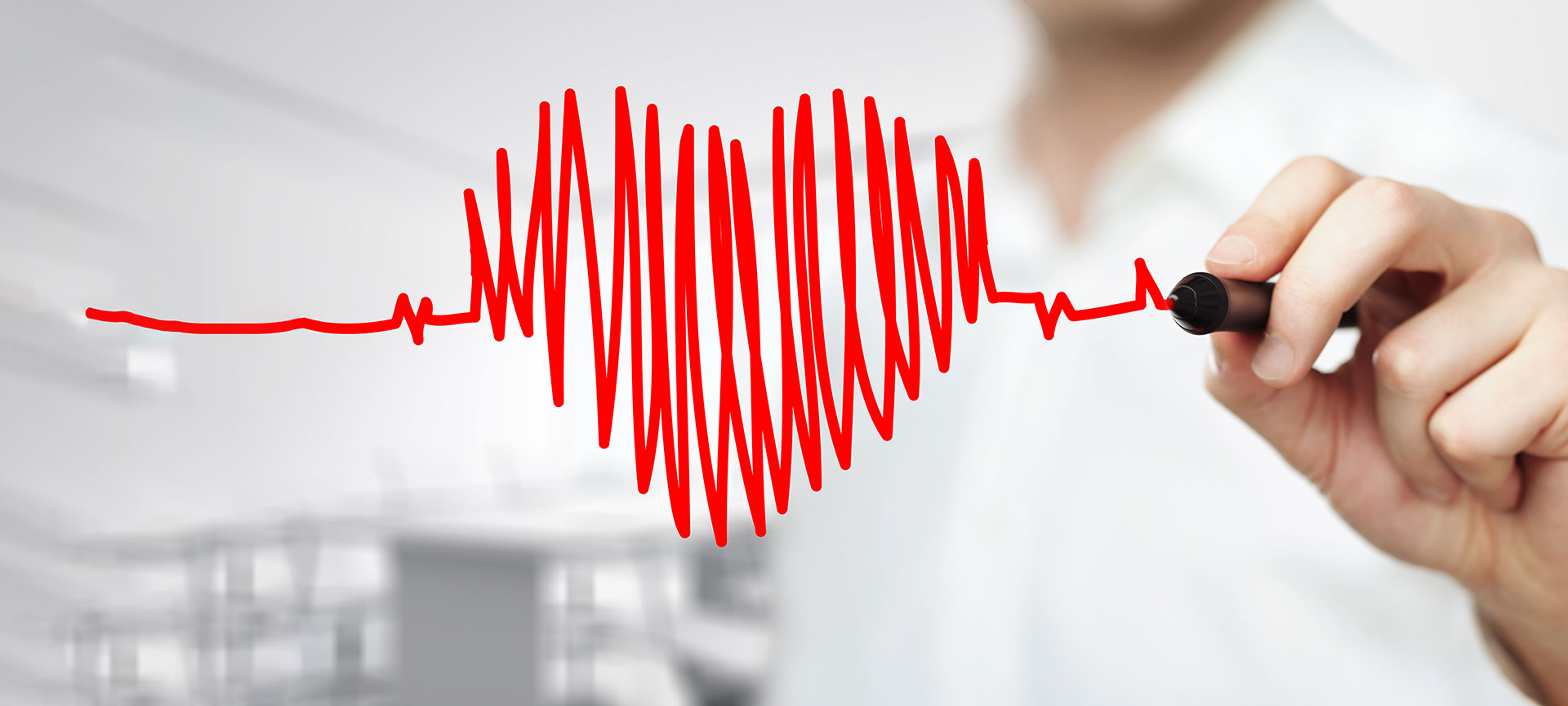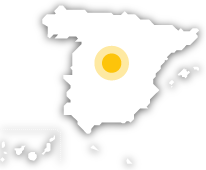
Healthcare. What do you need to know?
none
If you need to purchase medicines or see a doctor during your trip to Spain, remember that emergency treatment is guaranteed. For other cases, we recommend that you read our advice. We also inform you where smoking is prohibited, where you can find restaurants if you have coeliac disease and what precautions to take if you have food intolerances.
Debe activar Javascript para poder utilizar este servicio
